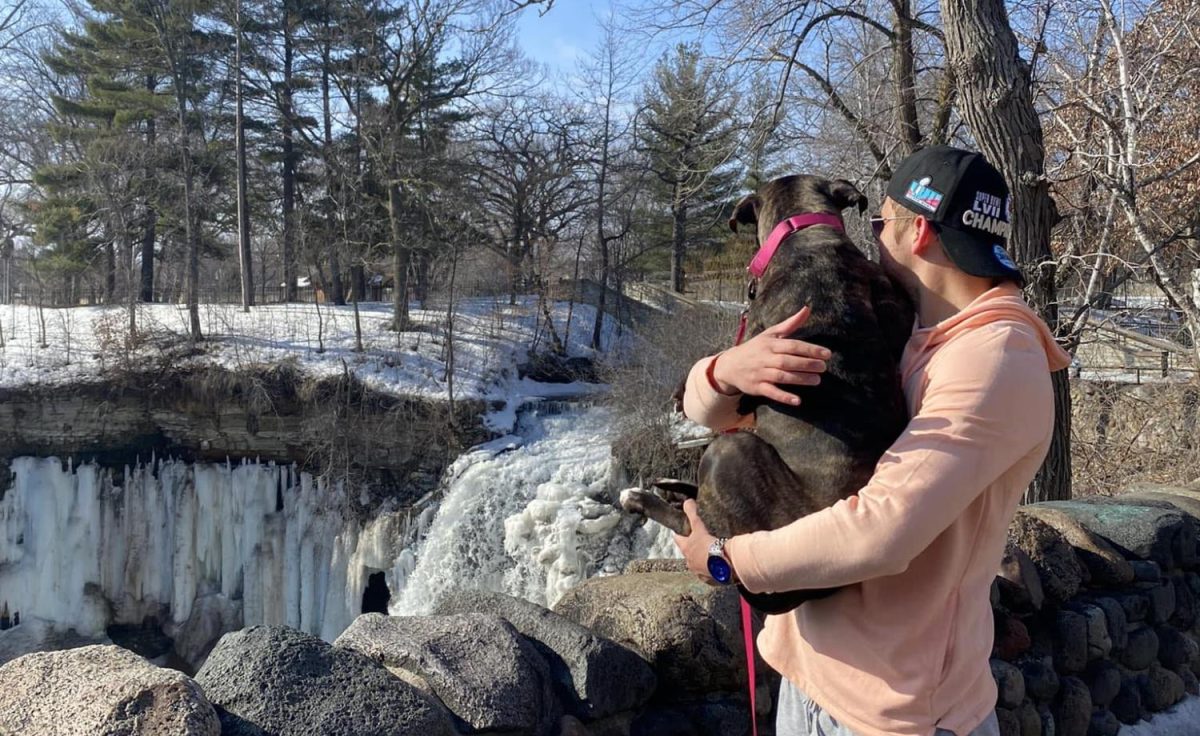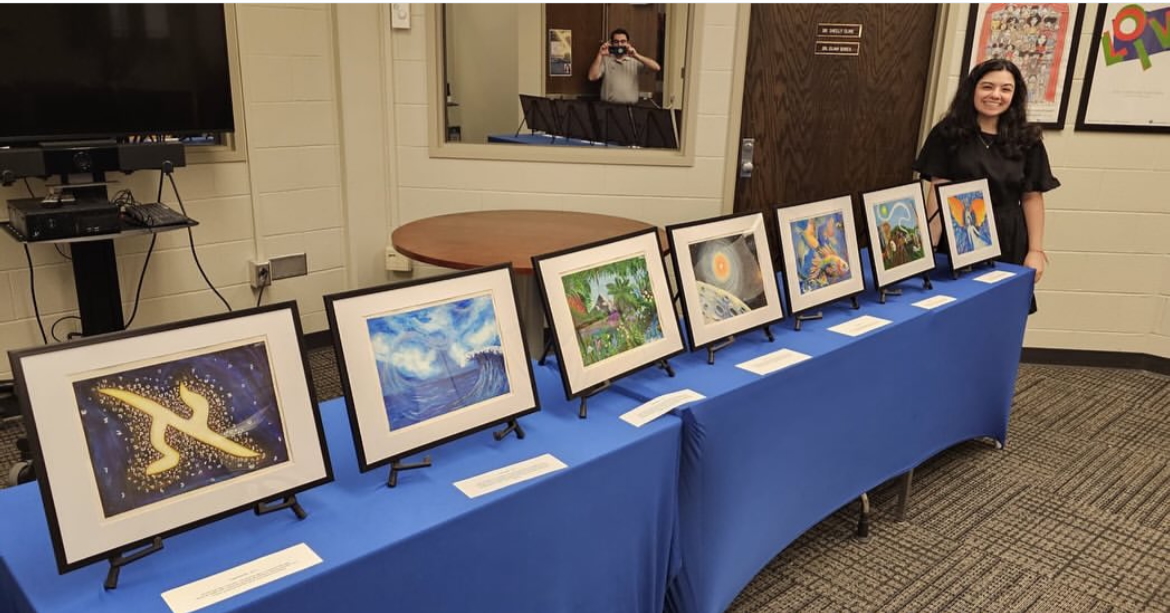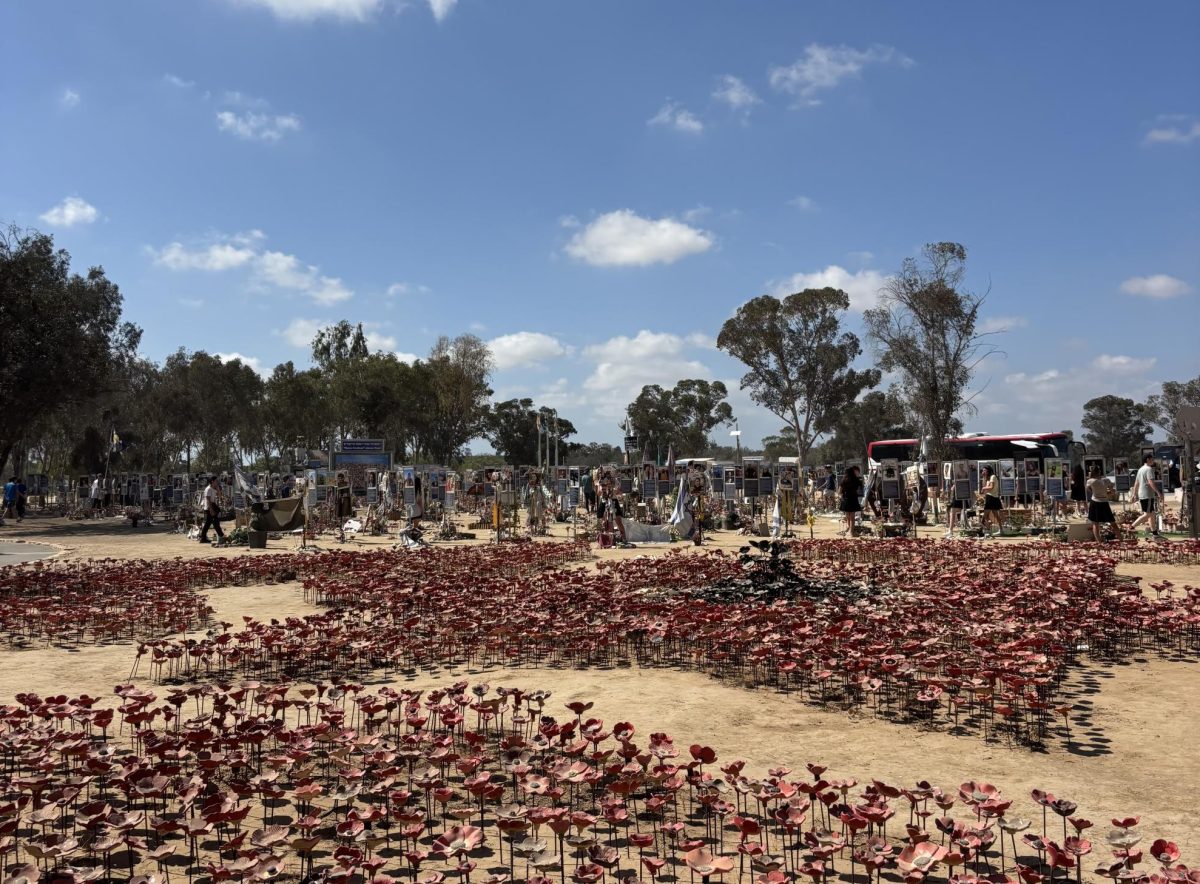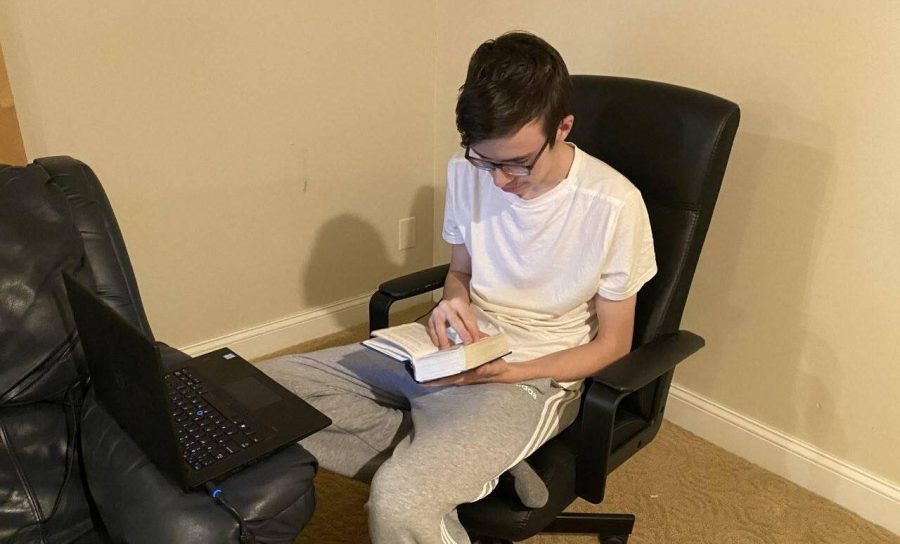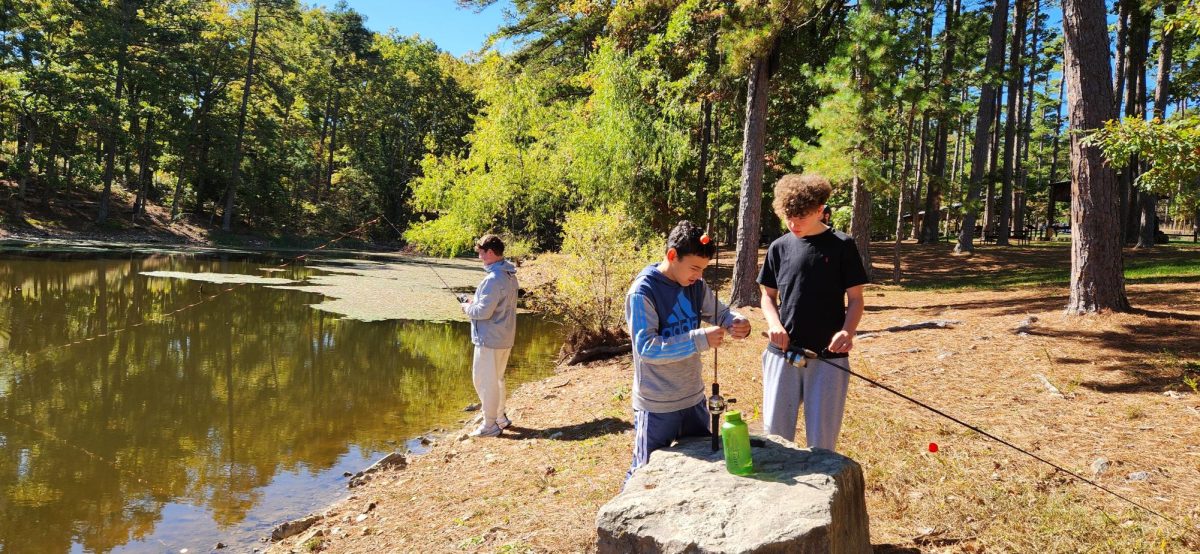COVID-19 spurs an unusual High Holiday season
October 26, 2020
Slider image by Benji Kohl
Due to the spread of COVID-19, the synagogues in Kansas and all over the world have moved their daily minyan and high holiday services online. This caused many people to celebrate their high holidays untraditionally this year, and even though this may not be how many people imagined their high holidays, they were still meaningful to many Jewish lives.
Synagogues have already made this transition of going online, one being Beth Shalom in Overland Park, Kan. According to Aviva Clauer, a congregant of Beth Shalom and student at Hyman Brand Hebrew Academy (HBHA), Beth Shalom has made many changes to try to be as safe as they can while still being able to provide high holiday services. They have moved from being in person to Zoom and online live streams, and according to Clauer, “it’s too bad that we can’t go in person, but safety is important to consider.” Along with their online services, Beth Shalom offered outdoor Rosh Hashanah services for those who want to be in person.

Along with Beth Shalom, B’nai Yehudah, Overland Park, Kan., has also made the transition into online services. Zach Hardy, a congregant of B’nai Yehuda and a student of HBHA, explains the changes that B’nai Yehuda had to make to be able to function online, such as moving onto both Zoom and Facebook live streaming. Facebook livestreams are recorded beforehand, and screened during the actual service. Even though this may not be casual for the congregants of B’nai Yehudah to do, Hardy says that “It was a bit different from normal, but it was still meaningful.”
Another synagogue that has transferred online is Beth Torah, Overland Park, Kan. Beth Torah has suspended most of their in person meetings and services and instead, moved them online. Roman Katz, congregant of Beth Torah and student at HBHA, says that they have created Facebook, website, and Youtube livestreams. COVID-19 has definitely made changes to Beth Torah, and Katz says “that these changes are necessary, but it is definitely not the same without physically being there seeing the people you know singing and praying.” According to Beth Torah’s Rabbi, Rabbi Javier E. Cattapan, this change has been a struggle to get through for both the staff and the congregation at times, as they “did not have the knowledge of technology needed to offer services as well as classes and meetings virtually,” but they have put in a large amount of effort and have learned so much about technology that they have even decided to continue to offer virtual services and classes after the pandemic.

These past months have not been normal for anyone, and these synagogues had to adapt and overcome many obstacles while transitioning online. Even though many aspects of COVID-19 and its shutting down of synagogues may seem detrimental, there is still much that they can learn from it. Through changing the way that many people would typically pray, the congregation and staff of all of these synagogues now know more about technology on Zoom, Facebook Live, Youtube Live, and they have continued to meaningfully come together and pray.

































